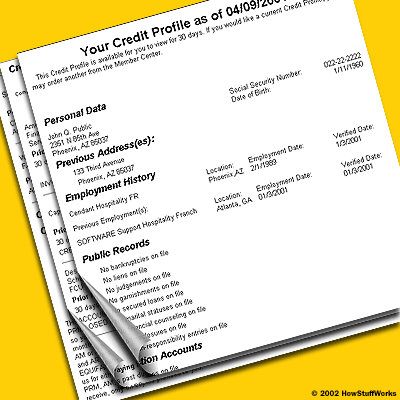Nine years ago, someone stole your wallet right out of your coat pocket. You never even saw the guy. He used your credit cards to buy $1,300 worth of shoes. Of course you reported the theft as soon as you found out, and the credit card company declared you not responsible for the debt. Lesson learned, end of story. Right?
Advertisement
Today, you have a nice sturdy paycheck and a sound credit rating. In fact, you've got your eye on a gorgeous loft-condo. Suddenly the phone rings ...
That old theft has come back to haunt you. The collection agency says that, with interest, the debt on that $1,300 now comes to more than $10,000. The agency has no record of your fraud report and considers you responsible for the debt. The agent informs you that if you don't pay up -- and soon -- you could risk legal action. And the debt could jeopardize your loan application for that condo.
Surprise: You've just come face to face with zombie debt.
Unfortunately, the zombie metaphor is incredibly apt. On the credit market, debts are sold and resold from agency to agency, so something you may have settled -- even more than once -- can spring back to life, with no record of past payments. Collectors grab for whatever they can get. And the debts are hard to kill.
Zombie debt gets its name because the debts in question are supposed to be dead and buried since:
- They've been settled in bankruptcy proceedings.
- They're the result of mistaken identity or identity theft, so they were never your responsibility to begin with.
- Their statute of limitations has expired.
These debts are reanimated by collection agencies hoping to make some extra profits.
You know the guy in the B movie who seals his own doom by panicking and getting himself cornered by the relentless zombie army? Zombie debt collectors expect you to be that guy. They make their profits from consumers who don't know their rights, don't know how to protect themselves, and panic.
To learn how not to be that guy, and how zombie debt has become such a hot topic, read on.
Advertisement




